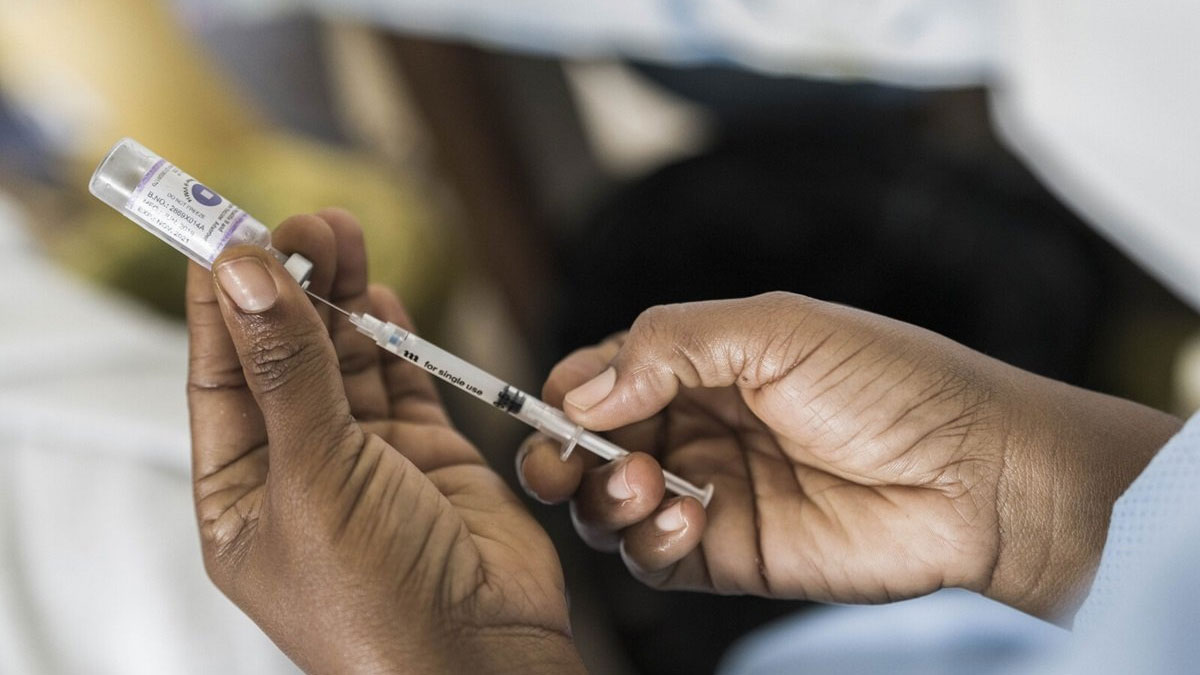
Global immunization services reached 4 million more children in 2022 compared to the previous year, as countries stepped up their efforts to address the historic backsliding in immunization caused by the COVID-19 pandemic.
According to data published by the World Health Organization (WHO) and UNICEF, in 2022, 20.5 million children missed out on one or more vaccines delivered through routine immunization services, compared to 24.4 million children in 2021. In spite of this improvement, the number remains higher than the 18.4 million children who missed out in 2019 before pandemic-related disruptions, underscoring the need for ongoing catch-up, recovery and system strengthening efforts.
WHO Director General, Dr Tedros Adhanom Ghebreyesus says these data are encouraging, and a tribute to those who have worked so hard to restore life-saving immunization services after two years of sustained decline in immunization coverage.
He says the global and regional averages don’t tell the whole story and mask severe and persistent inequities and when countries and regions lag, children pay the price.
The WHO Director General says the vaccine against Diphtheria, Tetanus, and Pertussis (DTP) is used as the global marker for immunization coverage, 20.5 million children who missed out on one or more doses of their DTP vaccines in 2022, where as 14.3 million did not receive a single dose, the so called zero dose children.
Dr Ghebreyesus says last year, 21.9 million children missed the routine measles vaccination in their first year of life 2.7 million more than in 2019 while an additional 13.3 million did not receive their second dose, placing children in under-vaccinated communities at risk of outbreaks.
He says global immunization services reached 4 million children in 2022 compared to the previous year, as countries stepped up efforts to address the historic backsliding in immunization caused by the COVID-19 pandemic.
He says in the Pacific, more than 90 per cent of children have received their first DTP dose, however, many of the Pacific Island countries faced challenges in maintaining high coverage in subsequent doses.
Ghebreyesus further says countries must ensure they are accelerating catch-up, recovery, and strengthening efforts, to reach every child with the vaccines they need and because routine immunization is a fundamental pillar of primary healthcare to take the opportunity to make progress in other related health sectors.
He says while countries such as Fiji, Nauru, Niue, Tonga and Tuvalu have been generally consistent with more than 90 percent vaccine coverage, countries such as the Cook Islands, Federated States of Micronesia, Kiribati, and Vanuatu are yet to recover to pre-pandemic levels.
UNICEF Executive Director Catherine Russell says until more countries mend the gaps in routine immunization coverage, children everywhere will remain at risk of contracting and dying from diseases they can prevent.
Russell says many stakeholders are working to expedite recovery in all regions and across all vaccine platforms.
She adds they are calling on governments to strengthen immunization and primary health care services including community health systems and addressing systemic immunization challenges to correct longer-term stagnation in vaccination to reach the most marginalised children.
Stay tuned for the latest news on our radio stations

